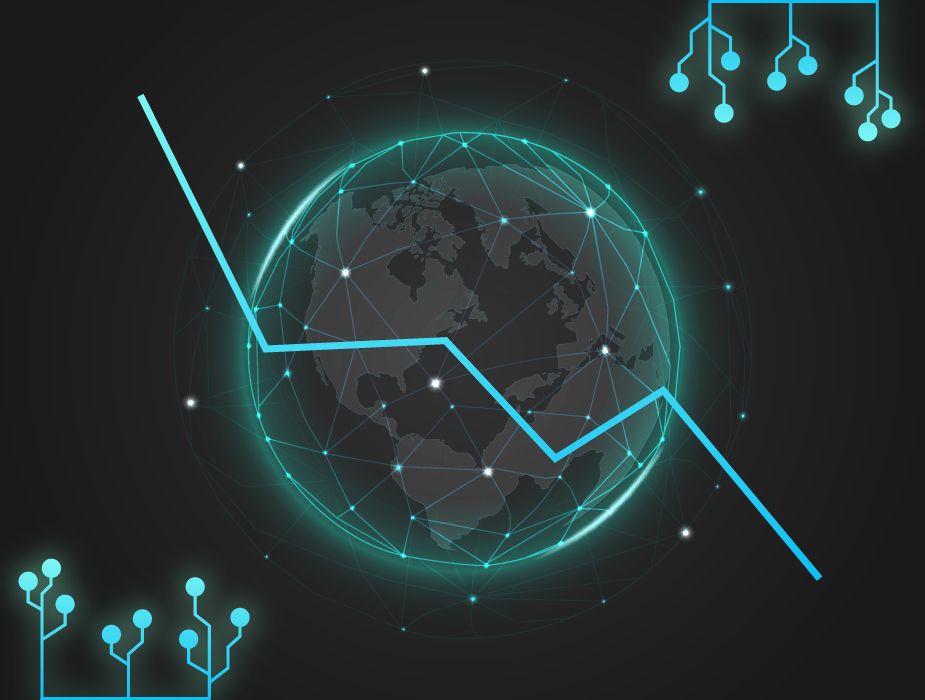AI: A Double-Edged Sword in the Climate Crisis

Artificial intelligence stands as a beacon of hope in the daunting battle against climate change. Its ability to process vast datasets, identify patterns, and predict outcomes offers unprecedented potential for mitigating and adapting to environmental challenges. From optimizing renewable energy grids to predicting extreme weather events, AI is proving to be an invaluable tool.
However, the path towards a sustainable future powered by AI is not without its hurdles. The energy-intensive nature of AI development and deployment raises concerns about its carbon footprint. Moreover, the potential for bias in AI algorithms can exacerbate existing inequalities.
It is imperative that we approach AI as a tool, not a panacea. While it offers immense promise, it must be developed and deployed responsibly, with a focus on equity, sustainability, and human oversight.
One prime example of AI's potential is in agriculture. By analyzing vast datasets on soil conditions, weather patterns, and crop yields, AI can optimize planting schedules, irrigation, and fertilizer use. This precision agriculture not only boosts yields but also minimizes environmental impact. Additionally, AI-powered drones can monitor crop health, detect pests and diseases early, and even assist in harvesting.
Beyond agriculture, AI is making waves in fields like energy, transportation, and urban planning. For instance, AI-powered smart grids can optimize energy distribution, integrating renewable sources more efficiently. In transportation, AI can optimize traffic flow, reduce emissions, and promote electric vehicles.
To fully realize the benefits of AI in combating climate change, we must address several challenges:
- Data Privacy: Ensuring the ethical handling of data is paramount.
- Algorithmic Bias: Preventing bias in AI models is crucial for equitable solutions.
- Digital Divide: Ensuring access to AI technology for all, especially in developing countries.
- Policy Framework: Establishing clear guidelines for AI development and deployment in climate action.
By investing in research, promoting ethical AI practices, and fostering collaboration between different sectors, we can harness the power of AI to build a more sustainable future.
